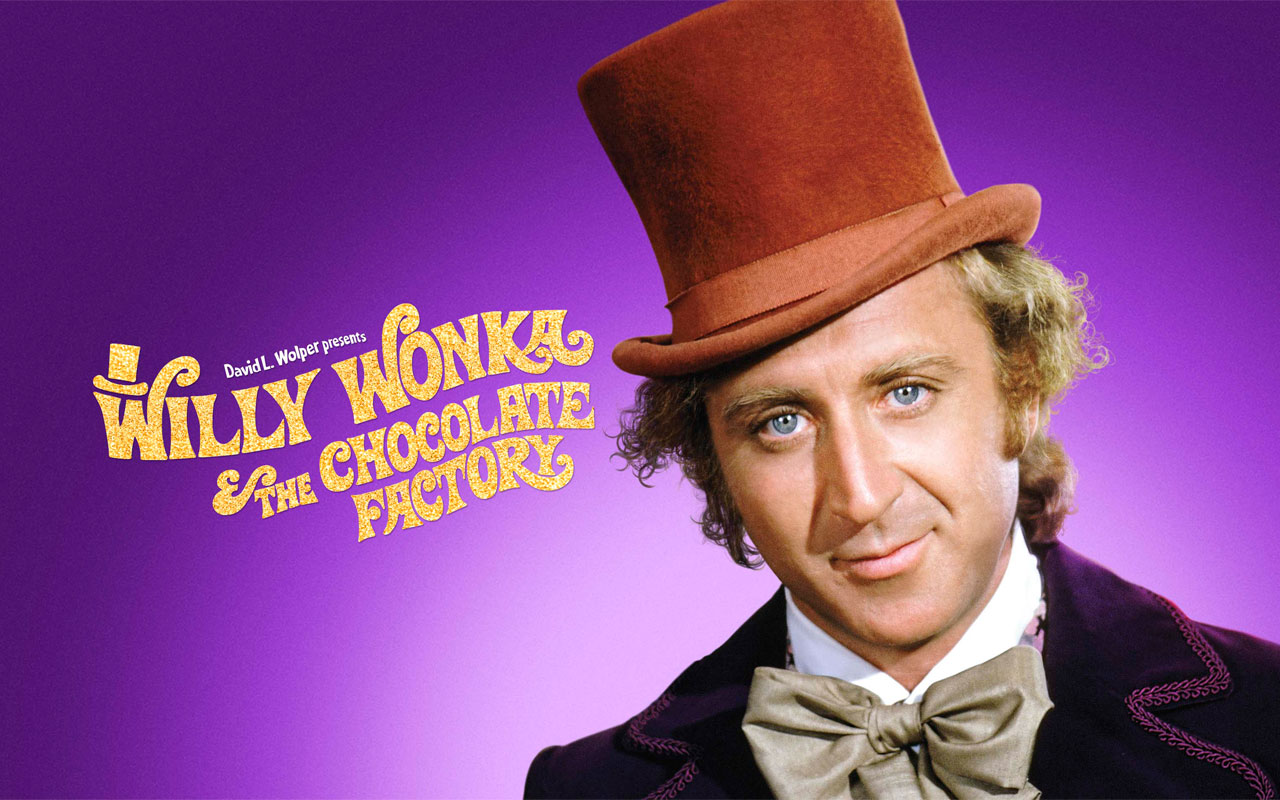
In the film, Dudamel expresses his reluctance to get involved in Venezuela's politics. The central conflict in this film is brought on by the political situation in Venezuela, where a constitutional crisis in 2017 ignites protests and deadly violence. The timeline begins in 2017, and it ends before the pandemic. Of course, the pandemic brought this kind of circumstance into nearly everyone's life, and so this variety of dramatic statement no longer packs a big punch in a post-pandemic world.īut this wasn't a pandemic story at all, and Dudamel's isolation from his home country came about in a very different way. A narrator mentions that at this point, Dudamel had no idea that this would be his last time in Venezuela for the next three years. Actually, this documentary tells an absolutely heart-wrenching story.Īt first, the film seems like it might be telling a pandemic story: the movie begins with Dudamel in Venezuela, where he is leading the Simon Bolivar Symphony Orchestra in rehearsals for a European tour, featuring Beethoven Symphonies. I expected ¡Viva Maestro! - the new documentary by director Ted Braun about conductor Gustavo Dudamel - to be one of those feel-good movies about a very talented musician, an entertaining film that puts his artistry on close display.īut after watching the film, as I put the elements together in my mind, I felt a growing sense of unease.


Laurie Niles Conductor Gustavo Dudamel Fights for Music in Documentary ¡Viva Maestro!


 0 kommentar(er)
0 kommentar(er)
